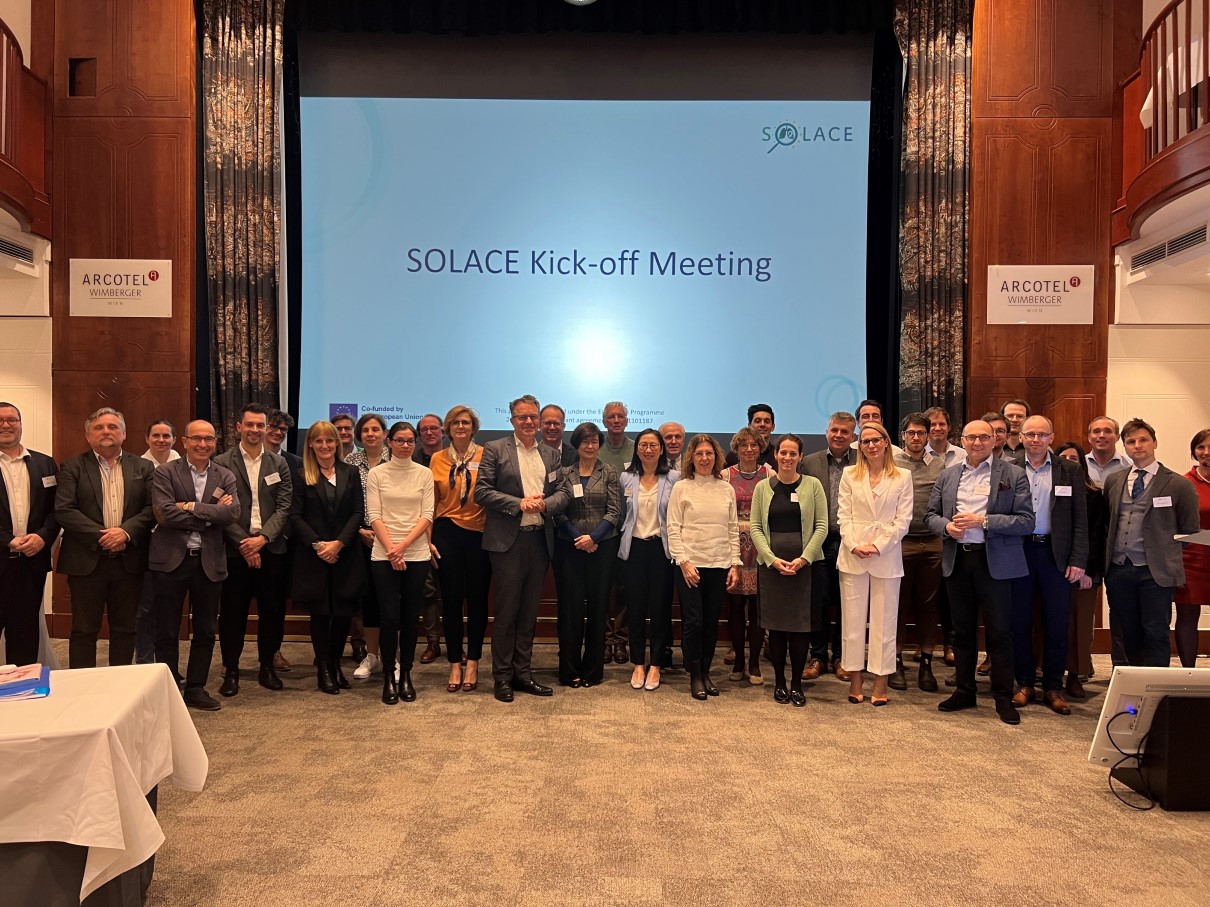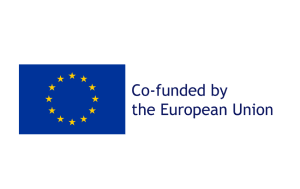SOLACE

Project Duration: April 2023 to April 2026
Lung cancer is the second most diagnosed cancer among males and the third among females in EU Member States and the leading cause of cancer death for both sexes. Scientific studies show the potential capability of low-dose computed tomography (LDCT) to detect lung cancer early and significantly reduce mortality.
The SOLACE project, led by European Institute for Biomedical Imaging Research (EIBIR), will assess the current state of policies, needs, and best practices of Lung Cancer Screening (LCS) in EU member states and produce a comprehensive guideline and implementation package covering all steps of the lung cancer screening pathway: evidence-based guidelines, technical papers, documents regarding quality assurance, methodology, benefit-harm balance and cost-effectiveness. This package will be used to showcase the new implementation methodology suggested. Moreover, SOLACE will design, plan and roll out three pilot projects in 10 member states with more than 12,000 participants with the aim to increase participation considering: gender aspects, inequalities regarding hard-to-reach populations (social, ethnic, geographical) and higher-risk individuals.
SOLACE will establish the European Lung Cancer Screening Alliance (ELCSA), serving as a long-lasting interdisciplinary platform as a backbone for sustained implementation in all member states including quality assurance, cost-effectiveness analysis with dedicated models for different healthcare systems, and harms (radiation exposure, overdiagnosis, complications).
ECO contributes to WP8 on communication and dissemination of the project and establishing a Stakeholder Advisory Group. Furthermore, ECO will lead the task focused on organising a Policy Summit on the topic of Cancer Screening and Early Detection bringing together other EU funded projects (PRAISE-U and TOGAS).
Browse the project website here.

Funded by the European Union. Views and opinions expressed are however those of the author(s) only and do not necessarily reflect those of the European Union or European Health and Digital Executive Agency (HADEA). Neither the European Union nor the granting authority can be held responsible for them.
This project is co-funded under the EU4Health Programme 2021–2027 under grant agreement no. 101101187